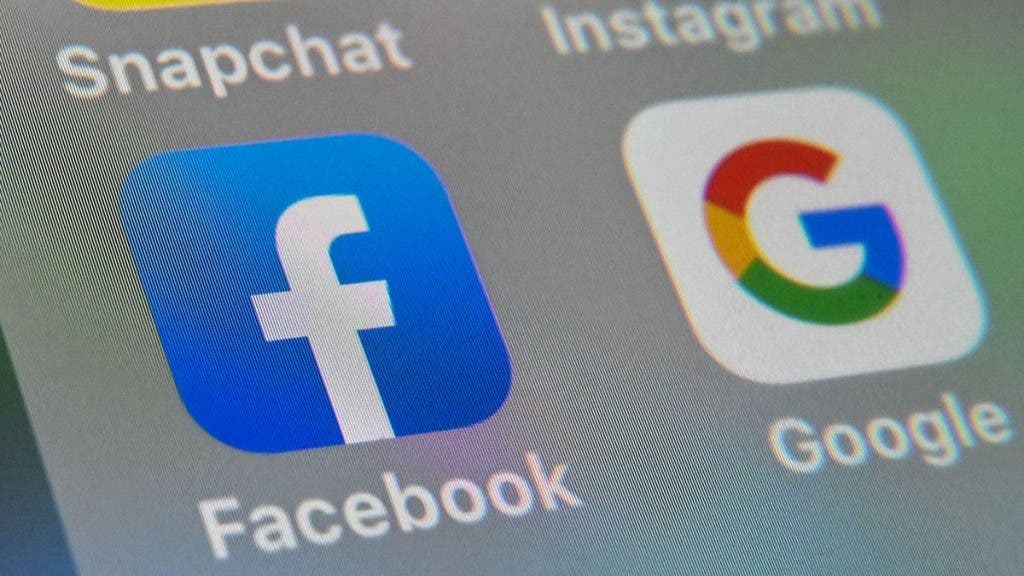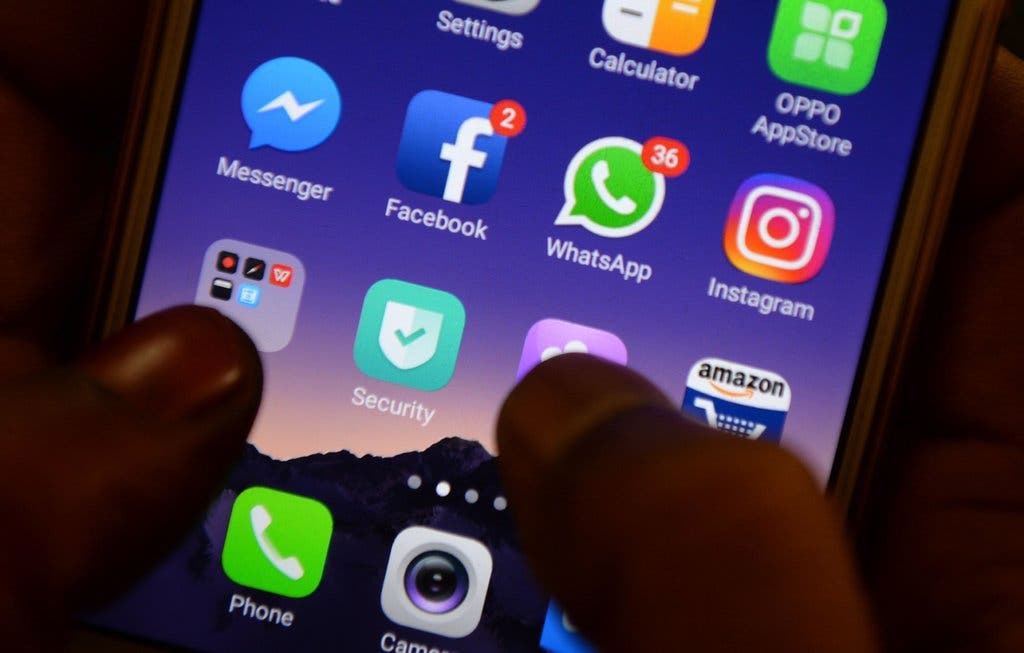Facebook may be forced to sell its previously acquired WhatsApp and Instagram platforms. If anything, such a claim is contained in a lawsuit filed by the US Federal Trade Commission (FTC) and nearly all states are against the social media giant. According to the plaintiffs, Facebook’s strategic acquisitions violate the rules of competition.
“For nearly a decade, Facebook has used its dominance and monopoly power to crush smaller rivals and stifle competition; all at the expense of ordinary users,” New York Attorney General Letitia James said on behalf of the coalition of 46 states.
Recall that Facebook’s acquisition of Instagram in 2012 was in a deal worth $1 billion in 2012, and WhatsApp for $19 billion in 2014.
Considering that the FTC approved both deals at one time, the proceedings could drag on, possibly for years.
Facebook’s general counsel Jennifer Newstead has already called the lawsuits “revisionist history”; and said there are no antitrust laws to punish “successful companies”. According to her, WhatsApp and Instagram have been successful after Facebook has invested billions of dollars in the development of their respective applications.

Apple criticizes Facebook for ignoring privacy and cashing out with user information
When we discuss antitrust issues, Apple, Facebook, Google, and many others are all culpable in one way or another. However, it is interesting that Apple is criticizing Facebook for ignoring privacy. Apple has been in court for a long time over its policies on its App Store. So, is this a case of “the kettle calling the pot black”? or perhaps a case of “a sinner criticizing another sinner for sinning differently”. According to reports, when Apple responded to why it delayed implementing a new privacy feature, it criticized Facebook and other Internet giants for publishing targeted advertising.

In written responses to human rights and privacy organizations such as the Electronic Frontier Foundation and Human Rights Watch; Apple criticized Facebook’s practices in advertising and user tracking:
“In contrast, Facebook and other companies have very different targeting methods. They not only allow user segmentation but also use detailed data related to online browsing activities to publish targeted ads. Facebook executives have made it clear that their intention is to collect as much first-party and third-party product data as possible; in order to draw detailed portraits of users and commercialize them. This behavior of ignoring users’ privacy continues to expand to include more of their products”.

In the letter, Apple defended the delay in implementing an iPhone feature that requires apps to obtain explicit permission from users before tracking users for advertising purposes. This feature was available in September as part of the iOS 14 operating system. However, it will not be mandatory for all applications until early 2021. Previously, several developers, including Facebook, said that this change would harm their business.




